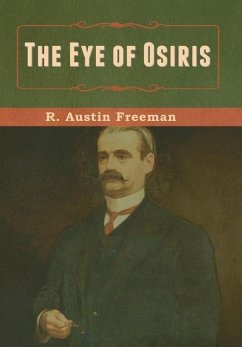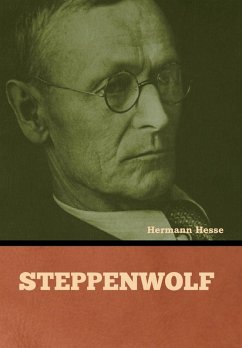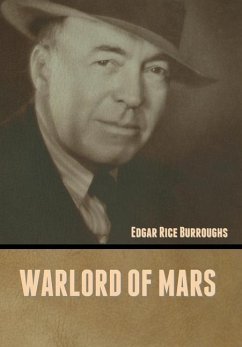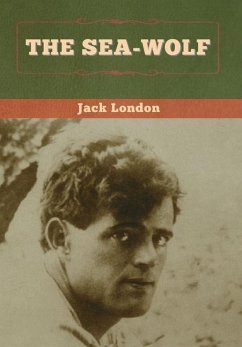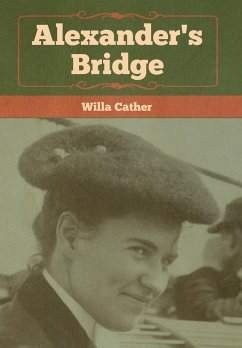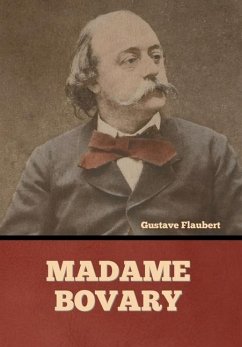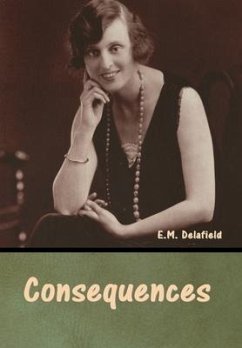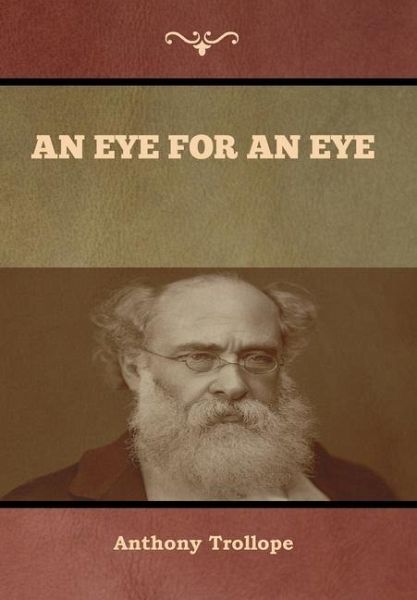
An Eye for an Eye
Versandkostenfrei!
Versandfertig in über 4 Wochen
25,99 €
inkl. MwSt.

PAYBACK Punkte
13 °P sammeln!
Editorial note: This book is about the seduction of a young girl by the heir to an earldom, the resulting illegitimate pregnancy, and the young nobleman's struggle to decide whether to marry or to abandon the girl-certainly not the usual content of Victorian novels. Trollope is believed to have written An Eye for an Eye in 1870, but he did not publish it until the fall of 1878, when it appeared in serial form in the Whitehall Review, followed by publication of the entire book in 1879. The reason for delaying publication is unknown, although Trollope might have been concerned about the book's r...
Editorial note: This book is about the seduction of a young girl by the heir to an earldom, the resulting illegitimate pregnancy, and the young nobleman's struggle to decide whether to marry or to abandon the girl-certainly not the usual content of Victorian novels. Trollope is believed to have written An Eye for an Eye in 1870, but he did not publish it until the fall of 1878, when it appeared in serial form in the Whitehall Review, followed by publication of the entire book in 1879. The reason for delaying publication is unknown, although Trollope might have been concerned about the book's reception by the public, given its subject matter and the hostile reception in 1853 of Elizabeth Gaskell's Ruth, which dealt with the same subject.



